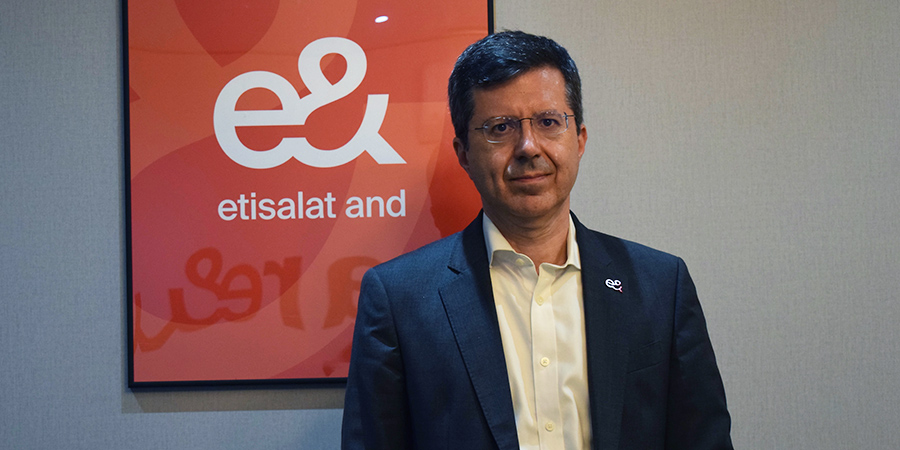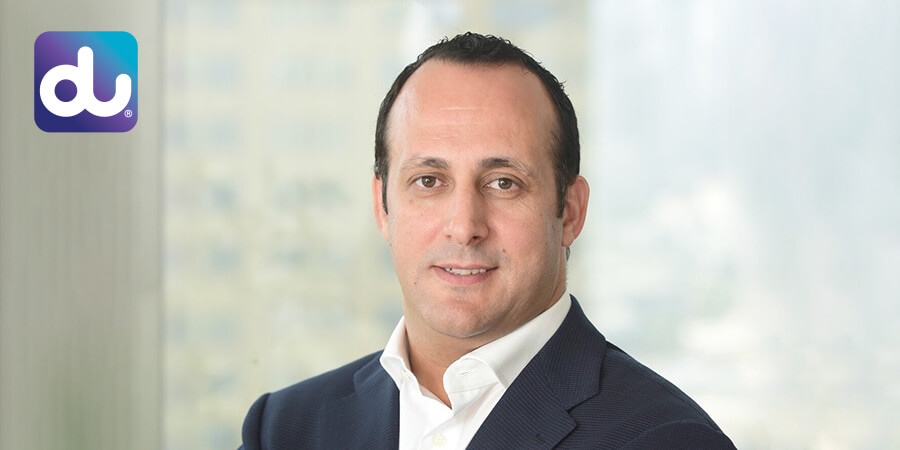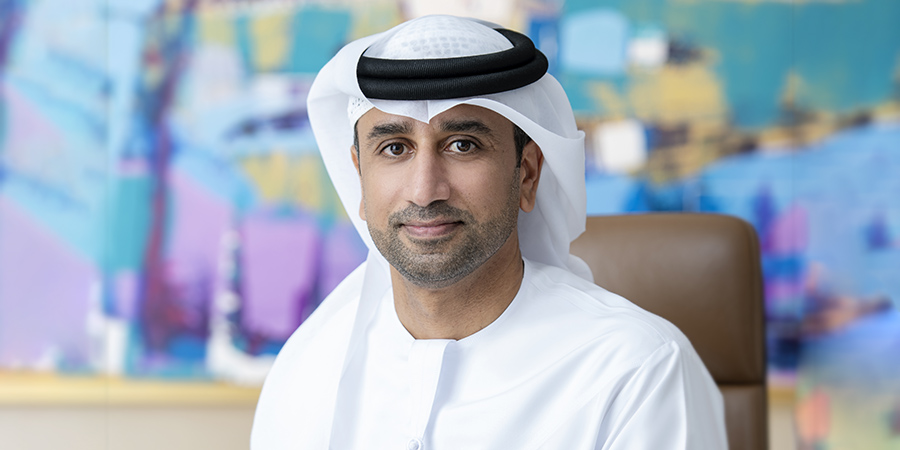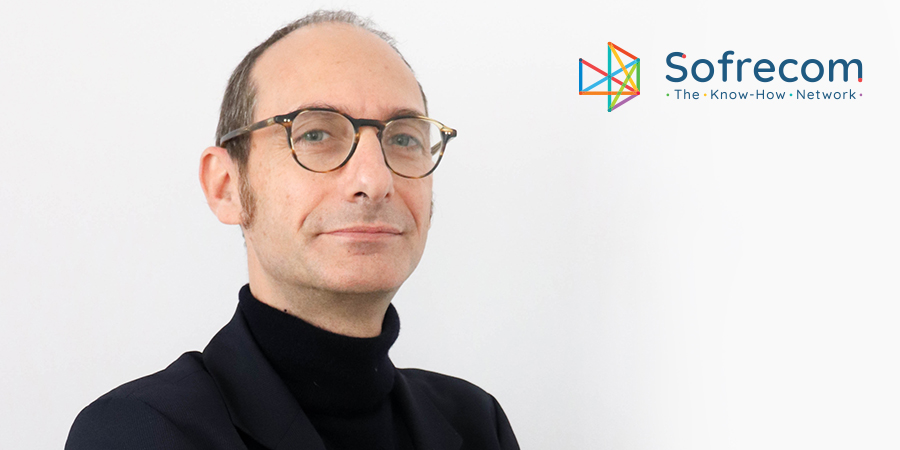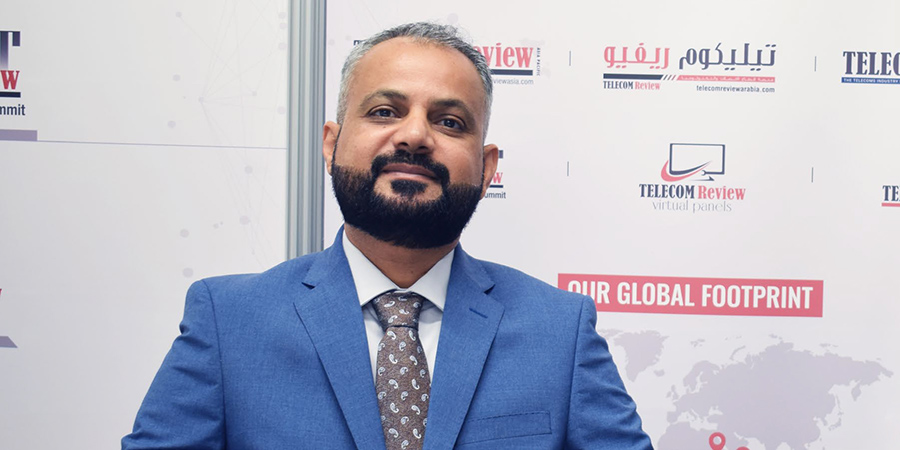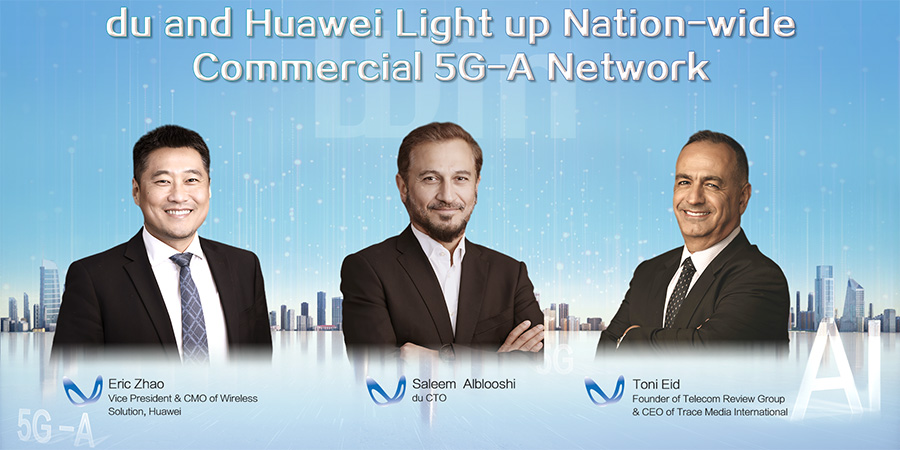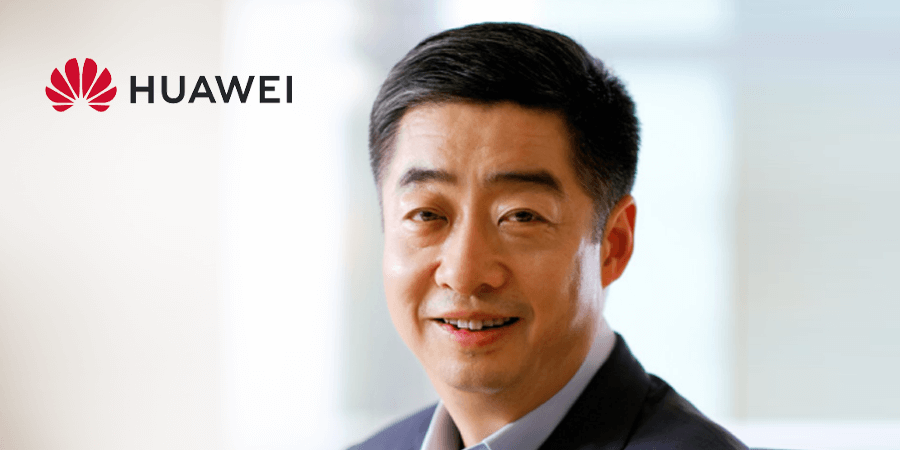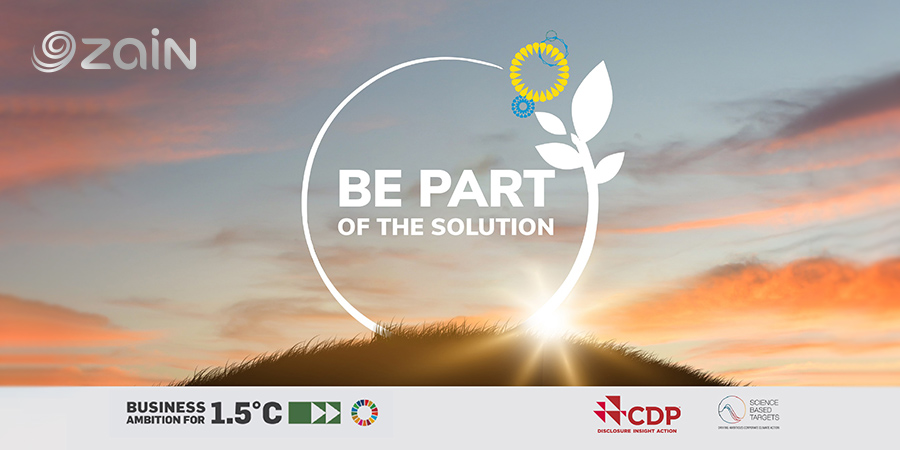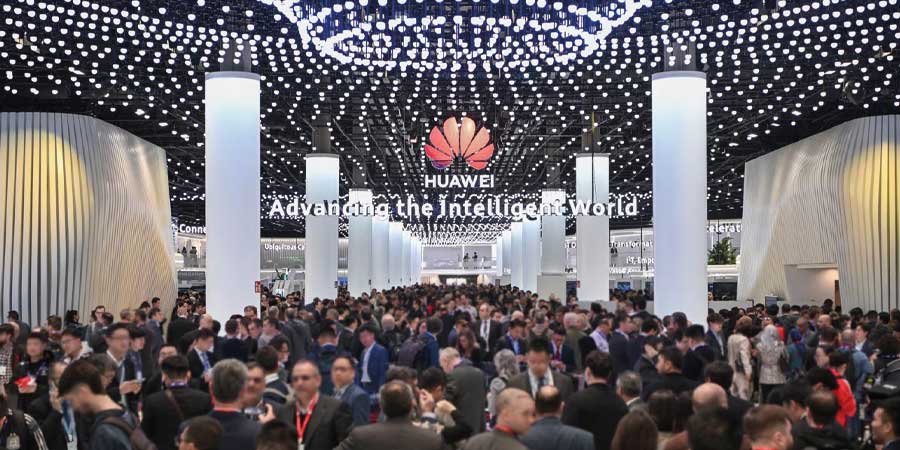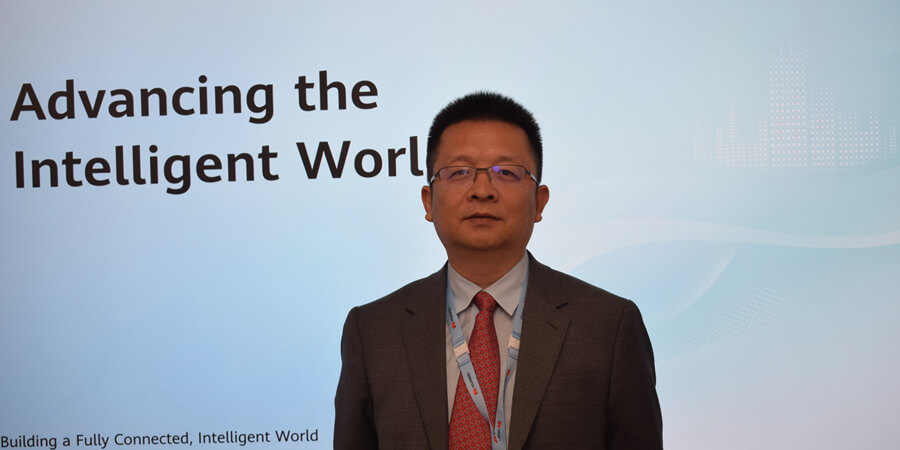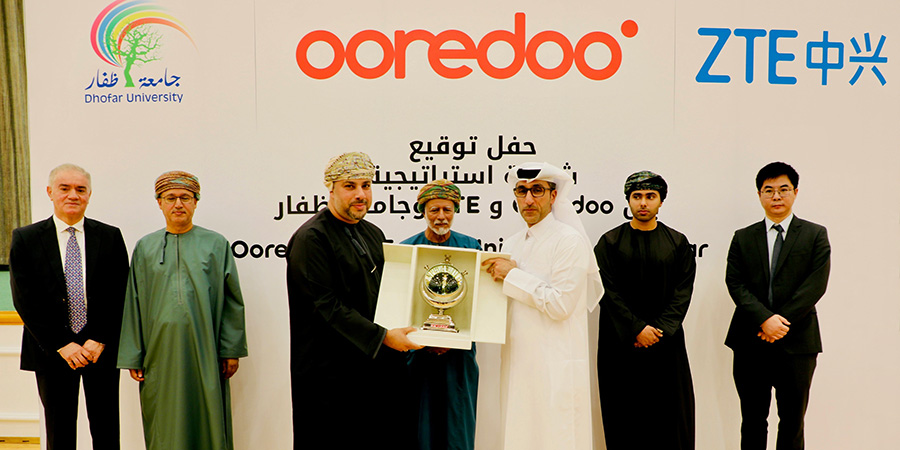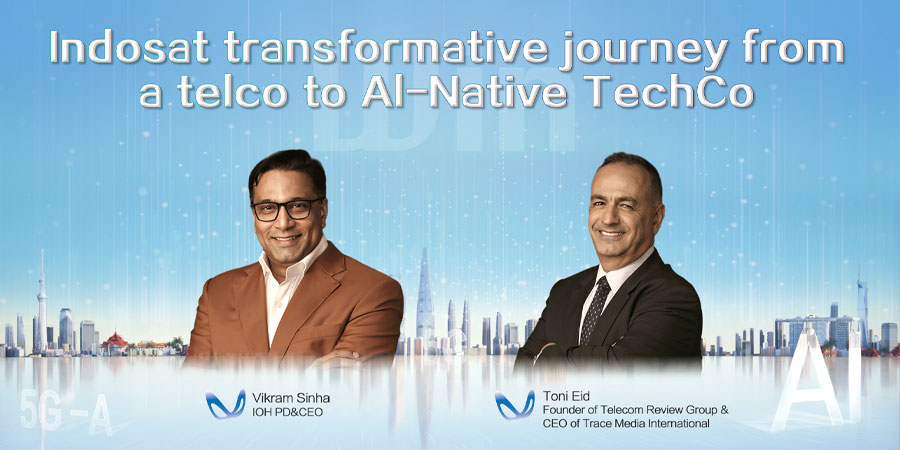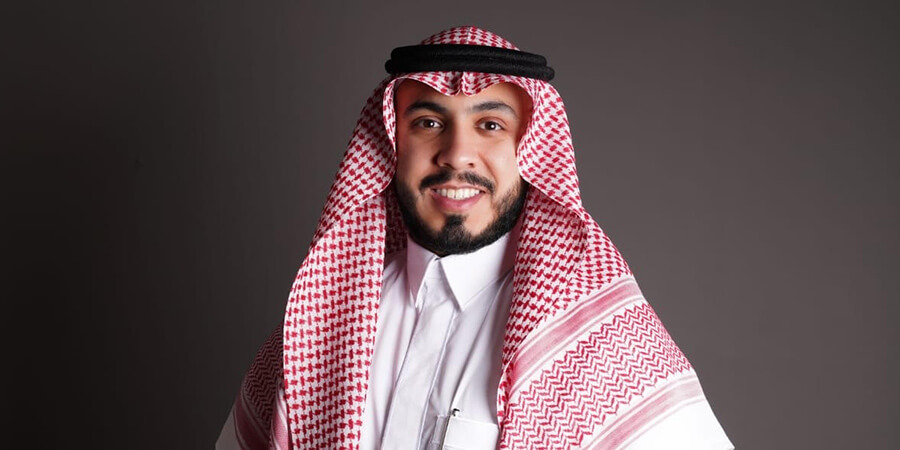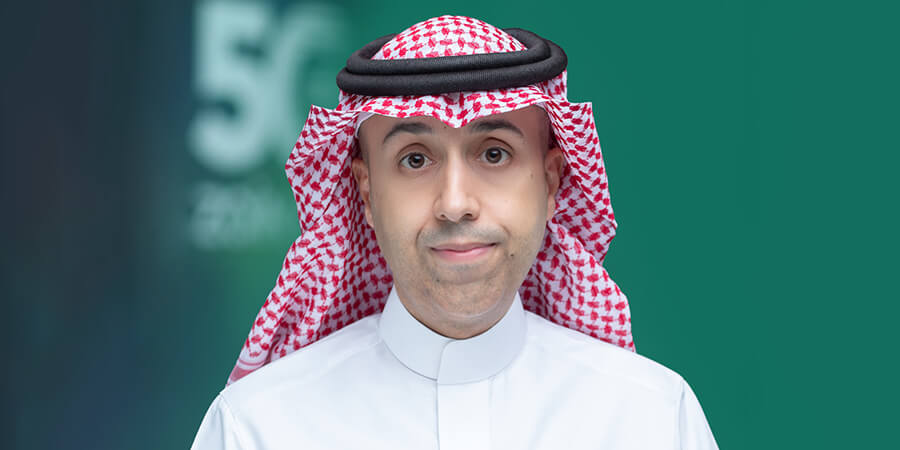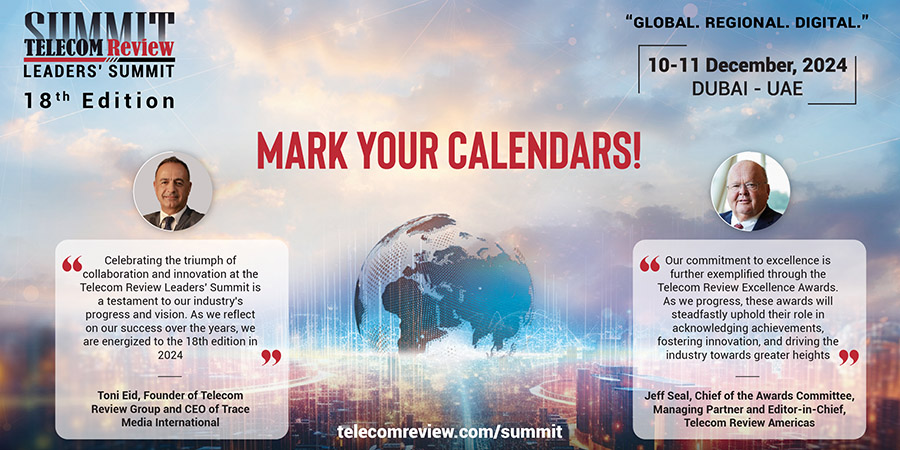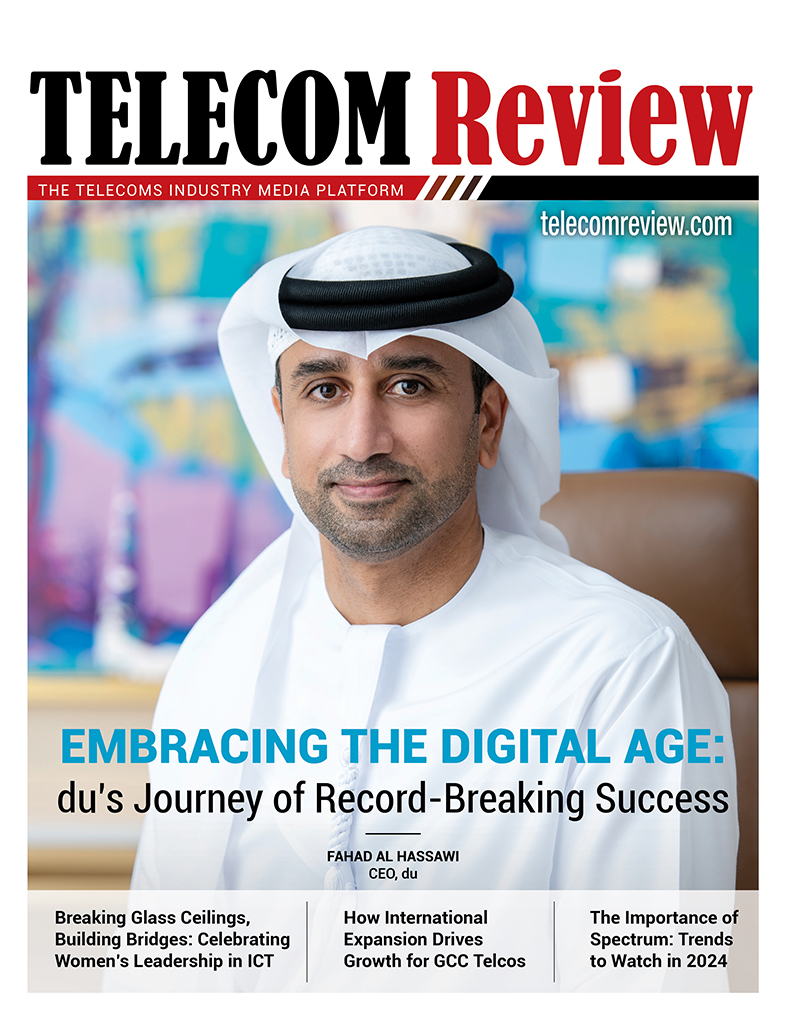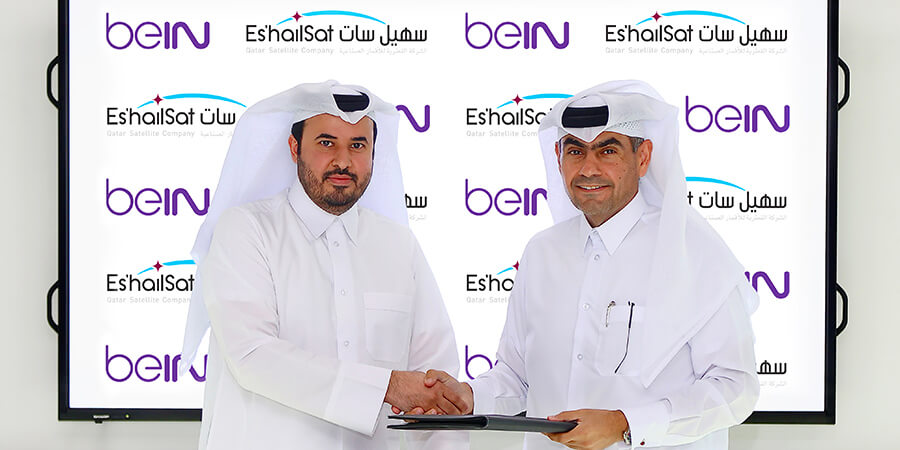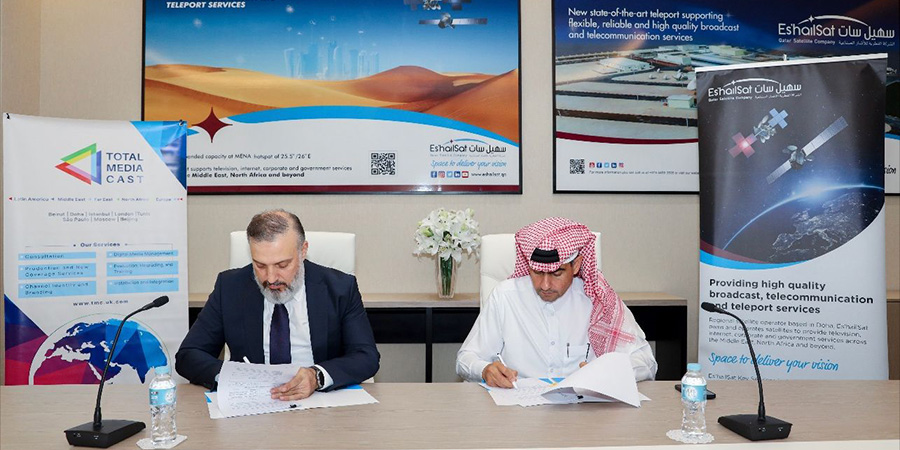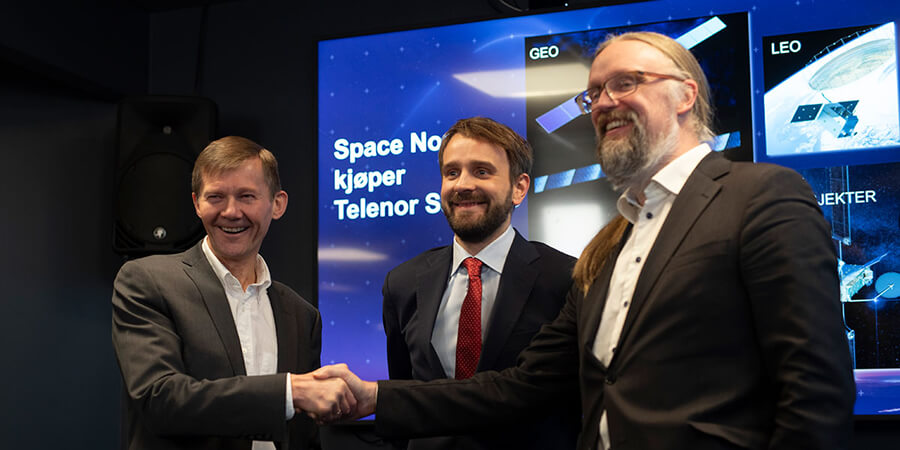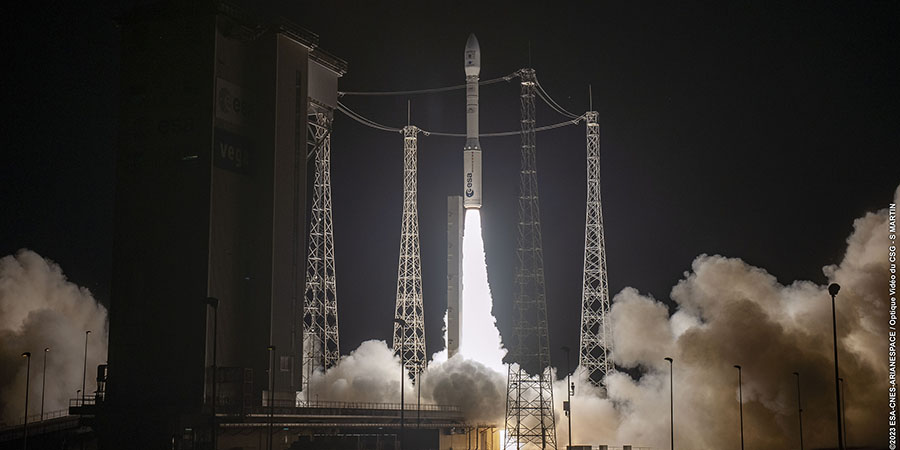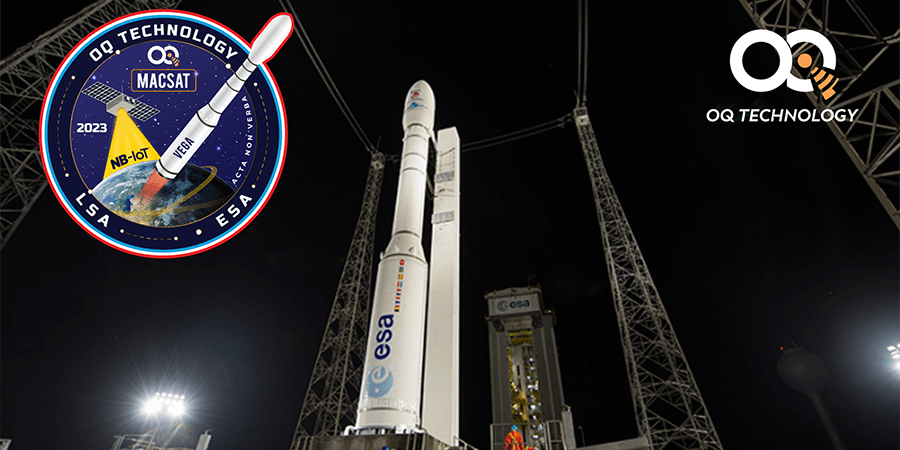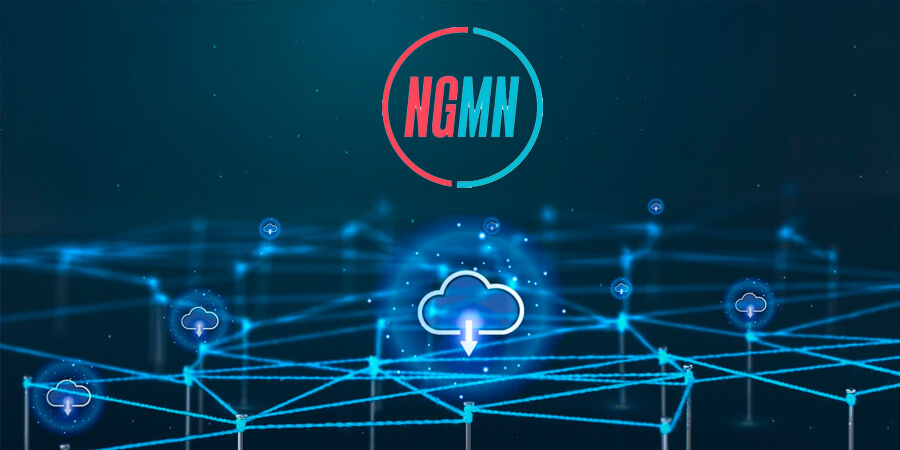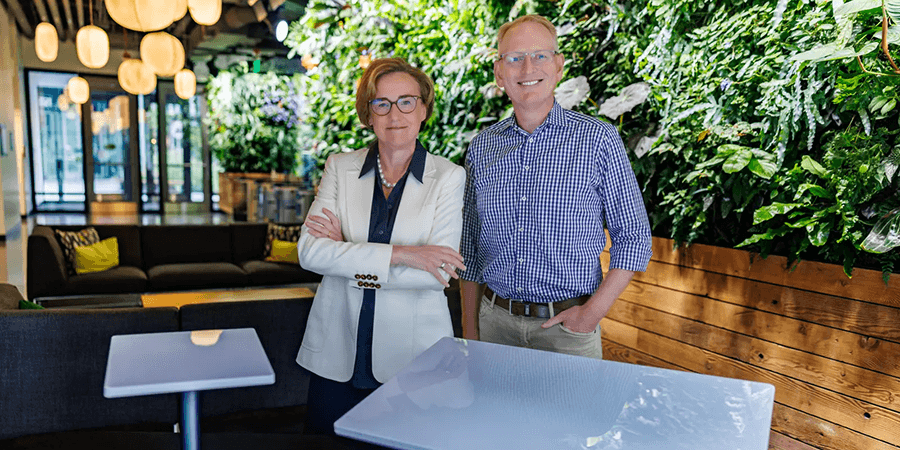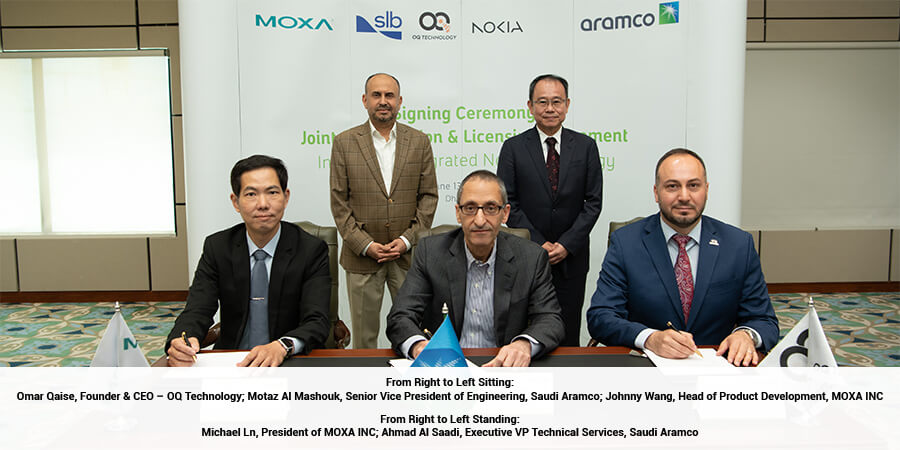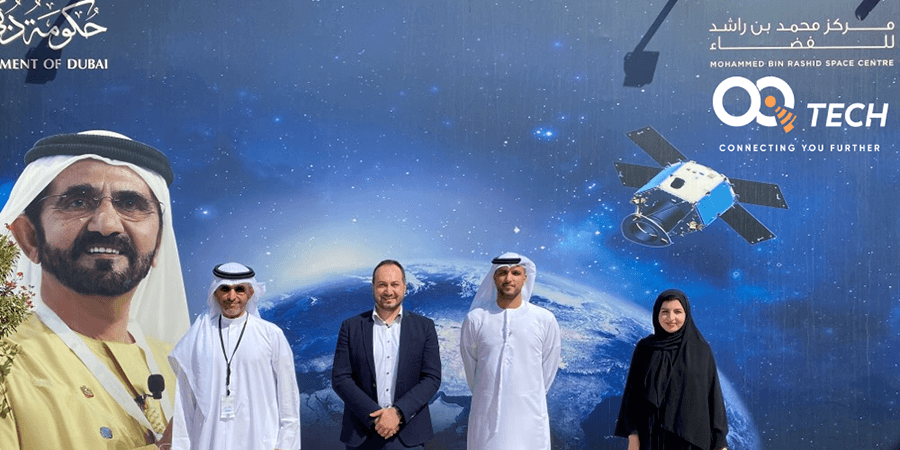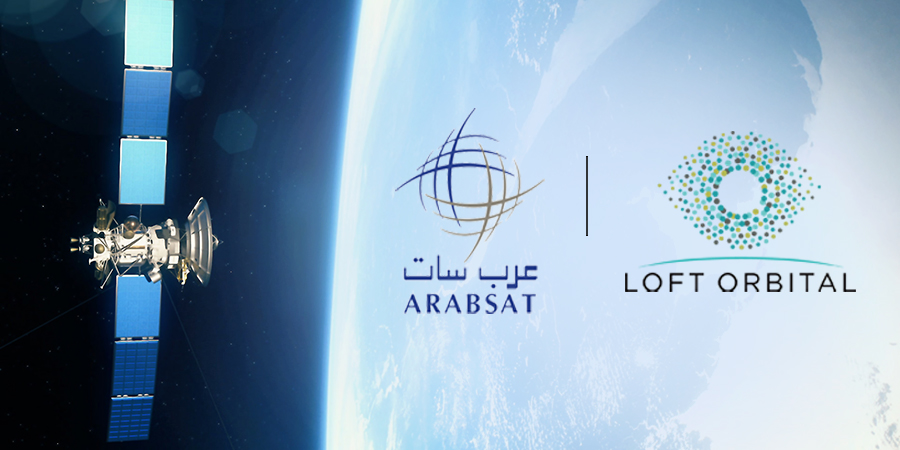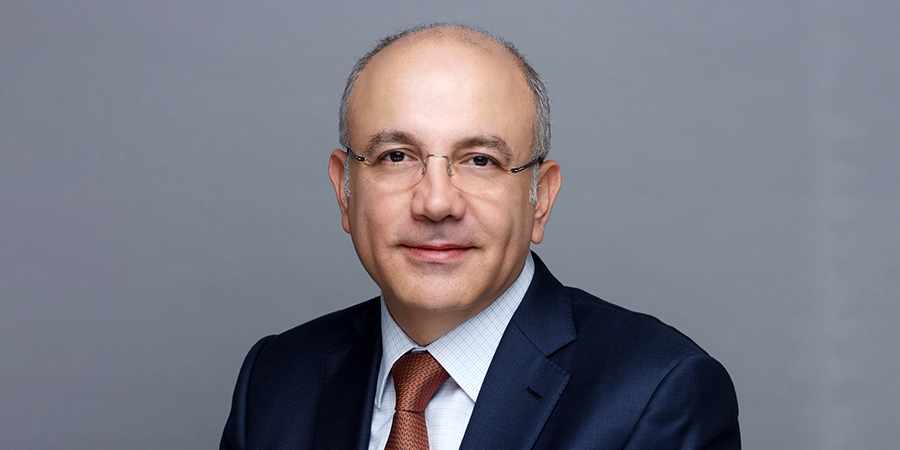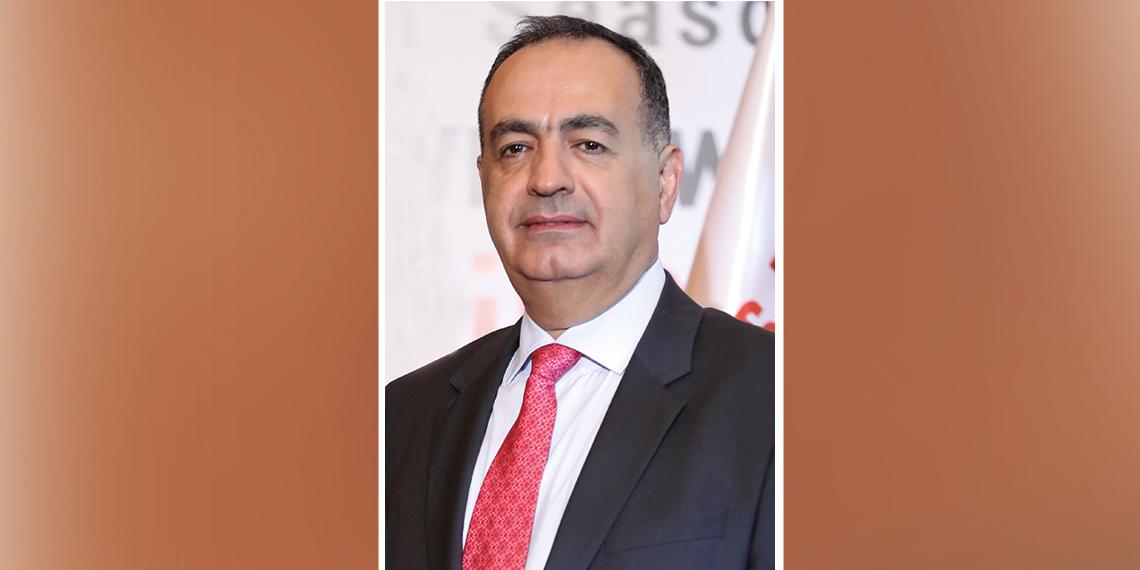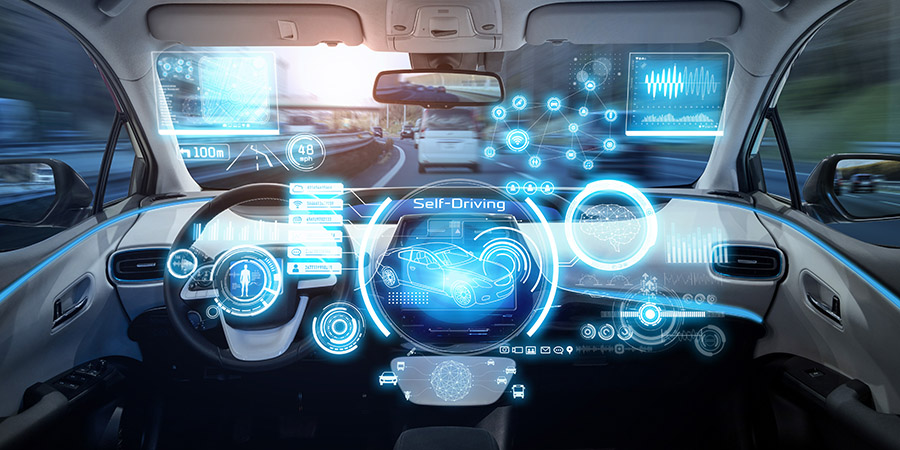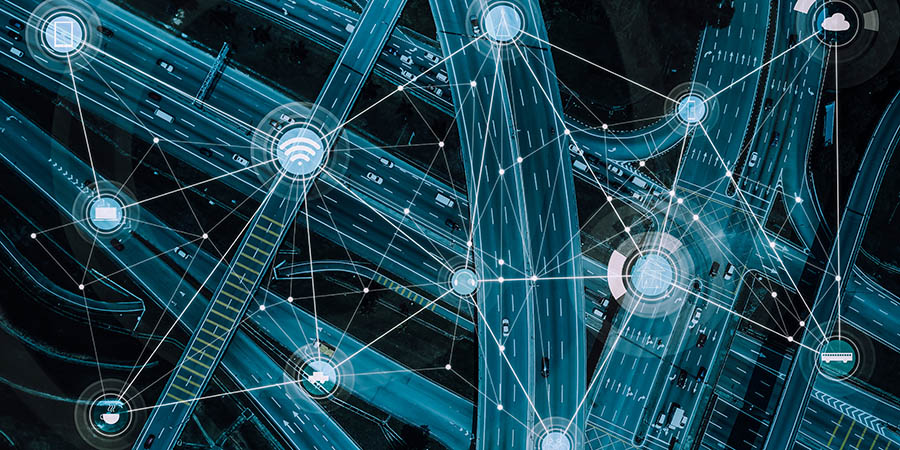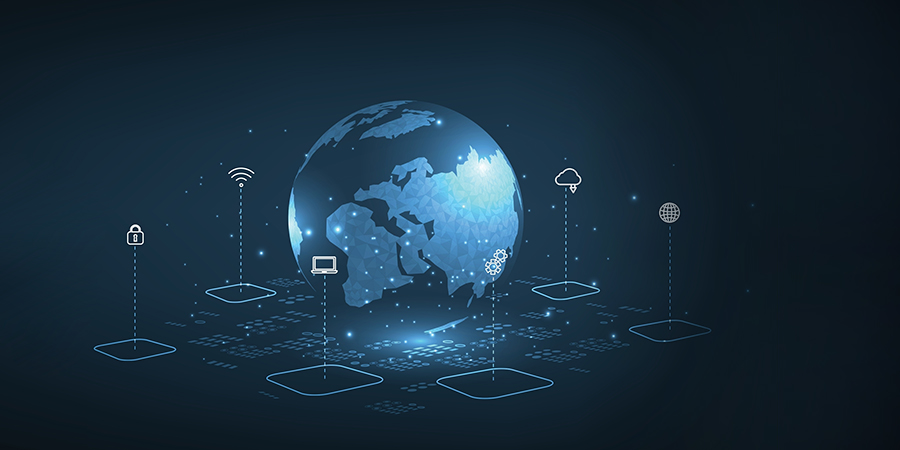After a long week at MWC 2018 in Barcelona, and after meeting and listening to the leaders and innovators of the ICT world, I have come to realize that MWC and the ICT industry are over-riding everything. AI will be used in all sectors not only in order to build a better future for next generations, but also for the near future, as technology is evolving faster every year and impacting more fields from health to finance and from cars to cities, agriculture and airlines without having any limits.
But amid this technological evolution, the talks and speeches, what is the future for humans? At the end of the day, we are humans and not machines. I was really surprised that no one talked about this humanities issue. Yes, we do aspire for better services to our customer, which has become just a slogan… What are the plans for job creation? How do people benefit when major companies have the cash and no one is innovating for the wellbeing of people?
I guess the next MWC slogan should be a better future for a better human life; better future for humanity; better future by creating jobs and fighting famine and poverty.
ICT companies such Apple, Google, Facebook and many others have more extra cash than some countries and governments. When will we see a real contribution from those companies for the betterment of humanity?





